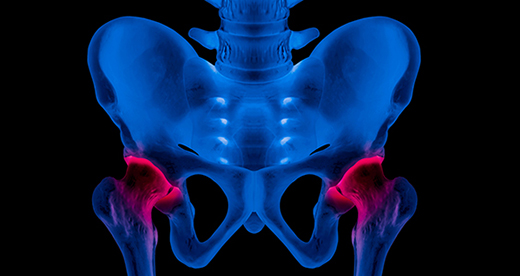
The Centers for Medicare & Medicaid Services (CMS) recently released two proposals related to total joint reconstruction that could impact procedure payments.
First, CMS is proposing to change its Comprehensive Care for Joint Replacement bundled payment model (CJR) and cancel mandatory Episode Payment Models (EPMs) that affect hip and femur fracture procedures. These initiatives were set to begin in January 2018.
CMS’ rule proposes to reduce the number of mandatory U.S. geographic areas participating in CJR from 67 to 34. Participants from the 33 remaining geographic areas would be made voluntary as of February 2018. Further, CMS proposes to make participation in the CJR model voluntary for all low-volume and rural hospitals in all of the CJR geographic areas.
The agency hopes that eliminating and modifying current models will allow greater flexibility to design and test other approaches to improve quality and care coordination across inpatient and post-acute-care. For example, originally only hospitals could own, or manage, CJR bundles. CMS is making CJR an Advanced Alternative Payment Model, giving surgeons and physician groups greater control over decision making within the 90-day episode of care.
Our conversations with surgeons prior to the announcement indicated that bundles, mandatory or not, are here to stay. Still, these reversals could certainly affect OEMs that have taken steps to help hospital customers in their handling of bundled payments.
CMS is accepting comments on this proposed rule until October 16.
Hospital customers may also feel a pinch from another CMS proposal: to cover knee replacement procedures at ambulatory surgical centers (ASCs), thus taking patients away from the hospital.
Medicare’s inpatient-only (IPO) list includes, as the name suggests, procedures that are only paid under the Hospital Inpatient Prospective Payment System. Each year, CMS reviews its IPO list to keep or discard procedures. For 2018, CMS is proposing to remove total knee arthroplasty. The proposed rule also seeks comment regarding whether partial and total hips should also be removed.
Private payors have increasingly incentivized surgeons to move total knee and hip procedures to outpatient settings in an effort to reduce cost and improve outcomes. Industry voices have indicated that as more surgeons and ASCs are able to meet or exceed those cost and outcome metrics, Medicare would follow, covering outpatient care.




